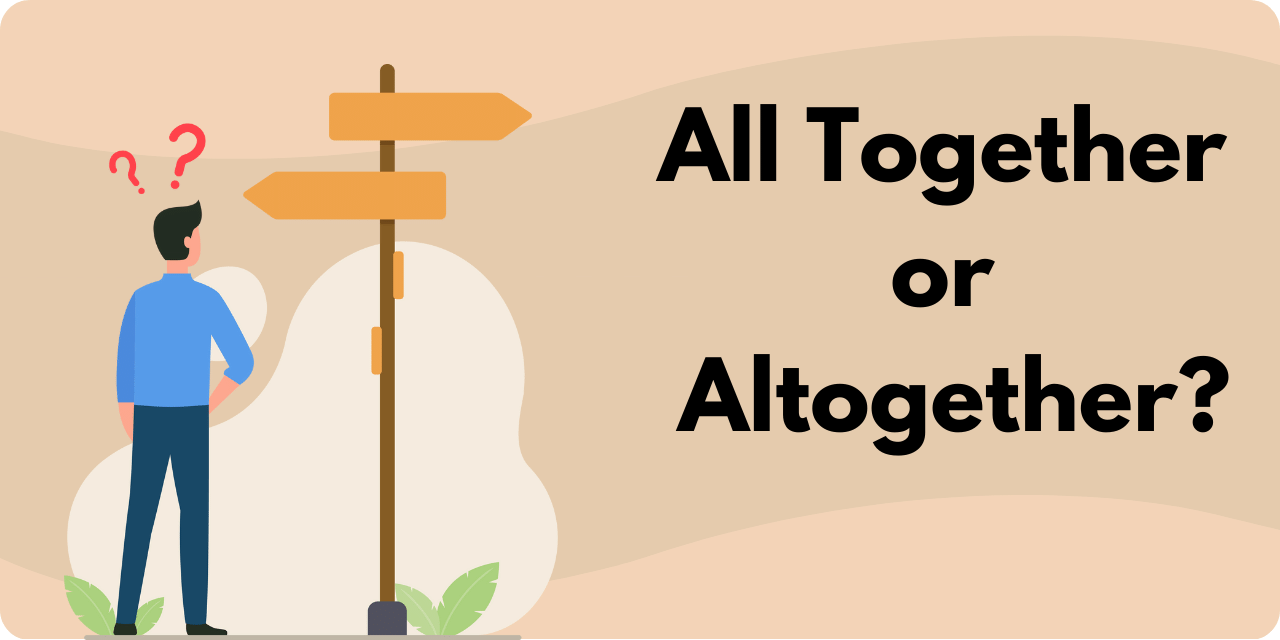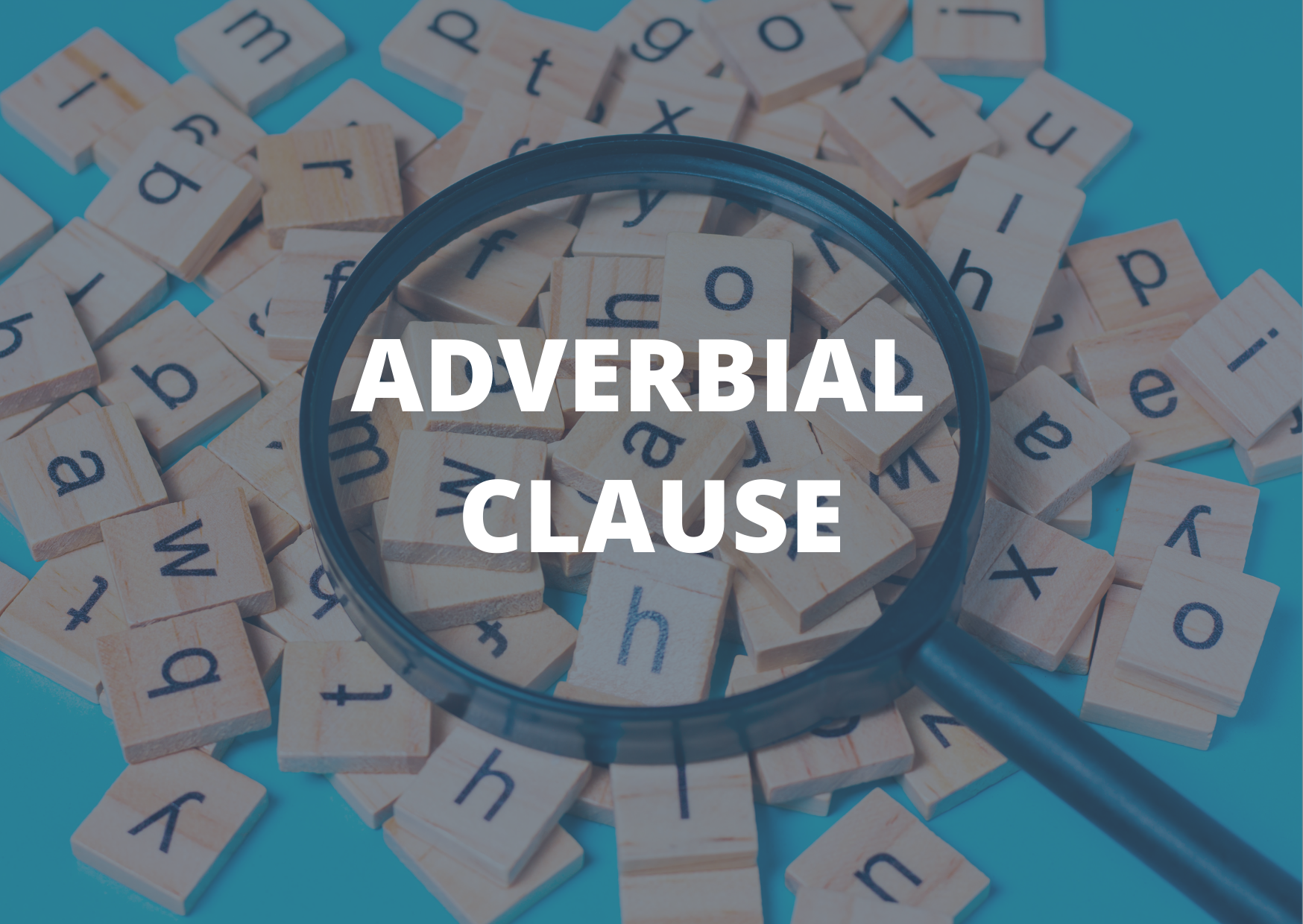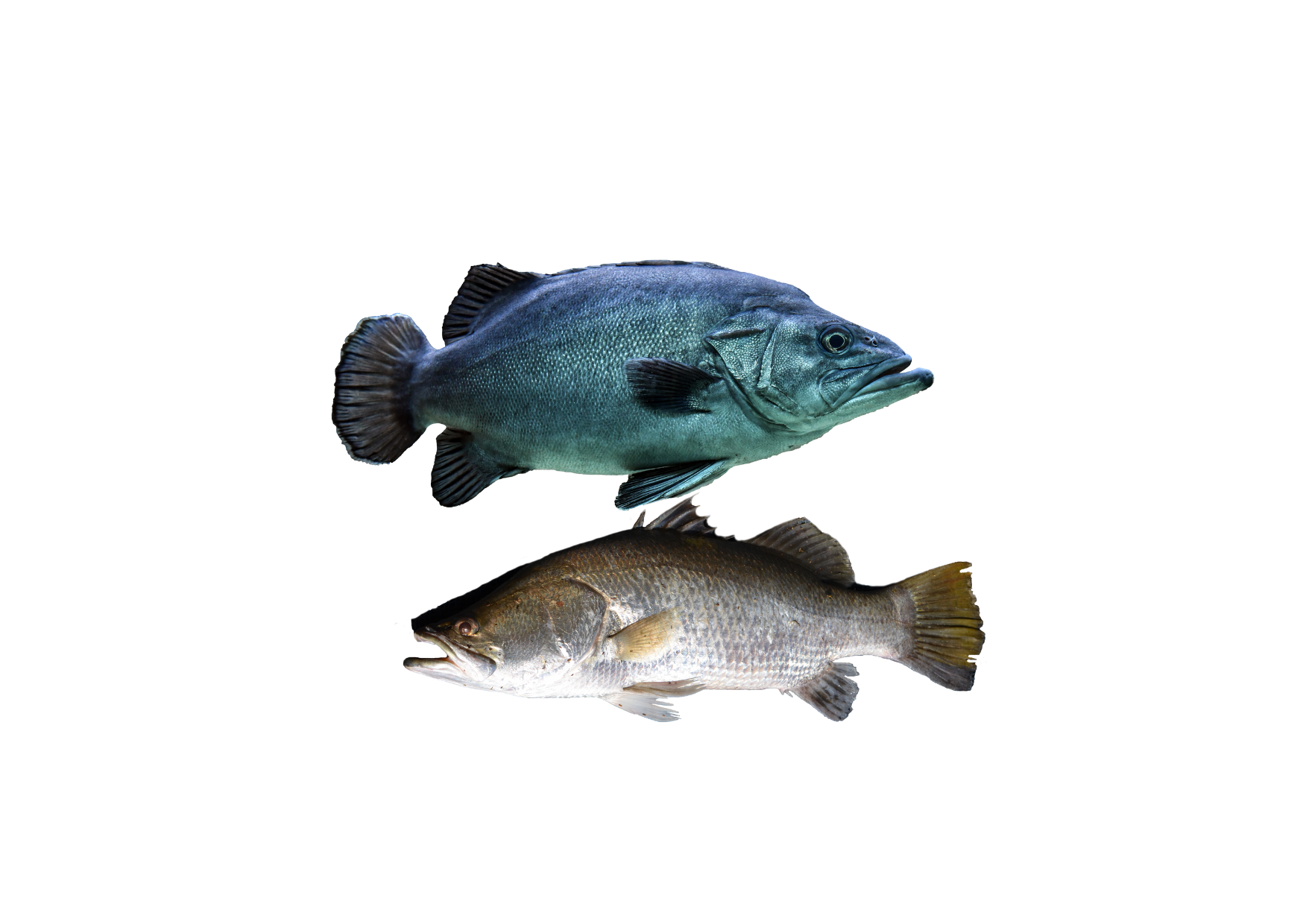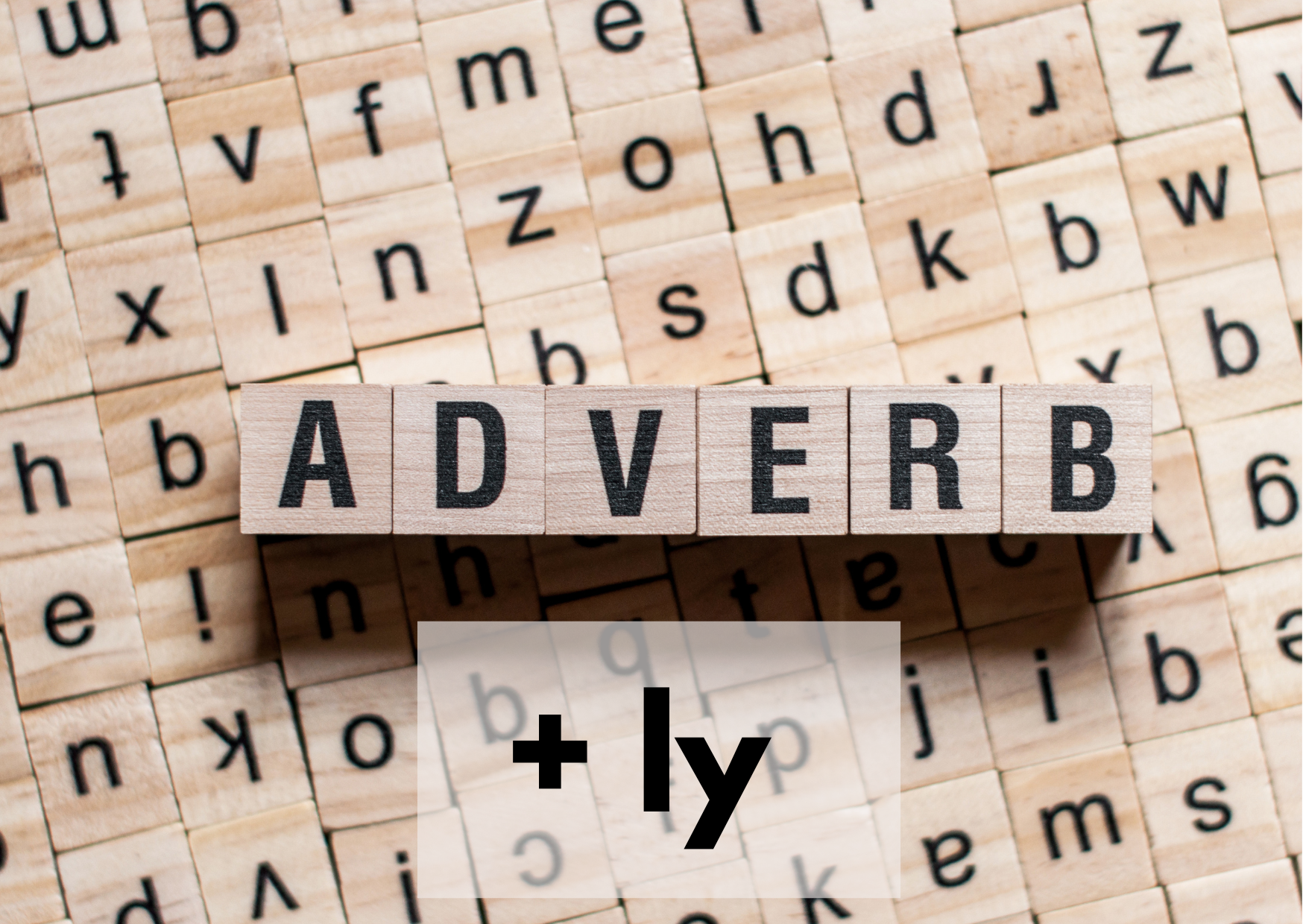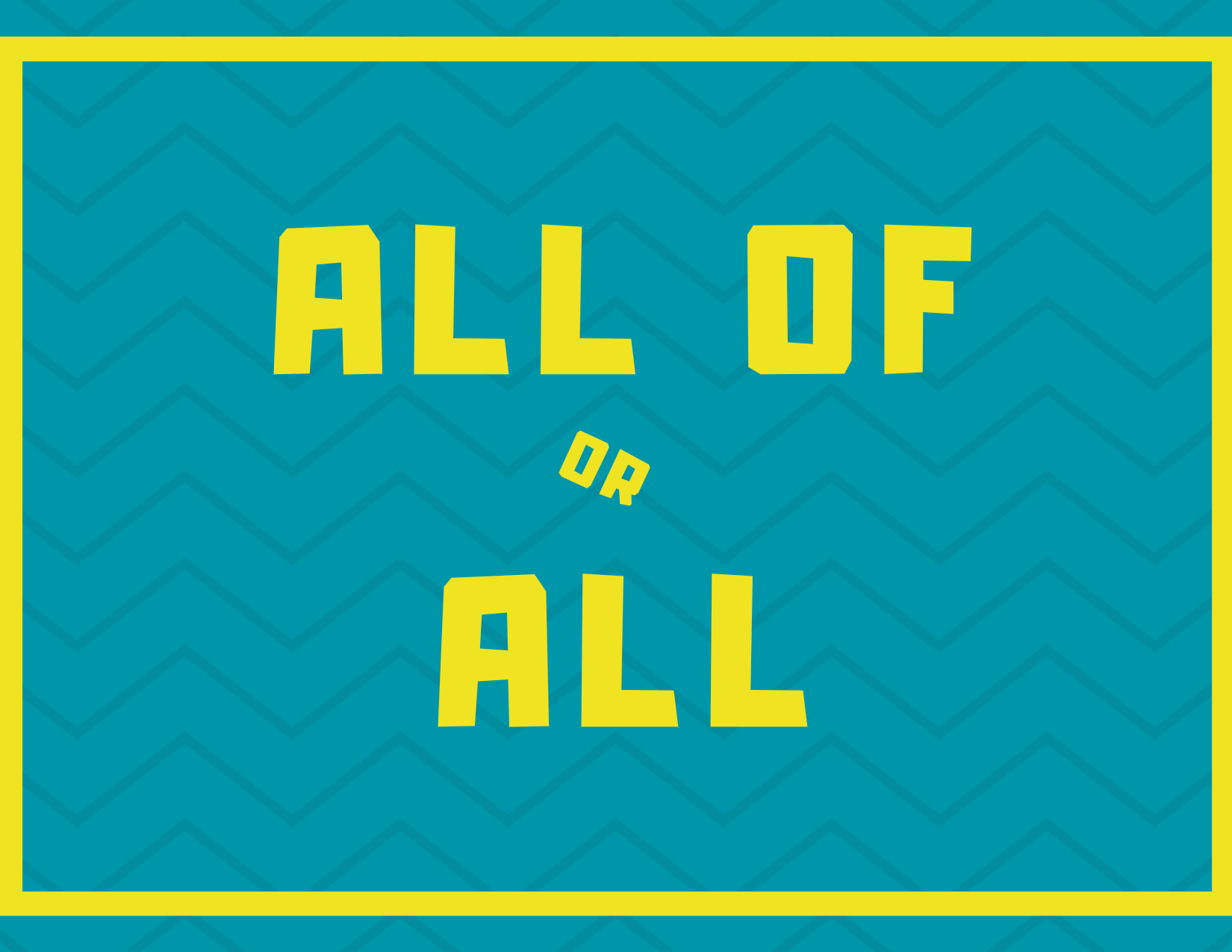Began vs. Begun: What’s the difference? Let’s have a look at began vs. begun. Both began and begun are forms of the verb begin. Began [ bih-gan ] is the past tense of begin. For example: She began classes last week. Begun [ bih-guhn ] is the past participle of begin. For example: I have already begun… continue reading




